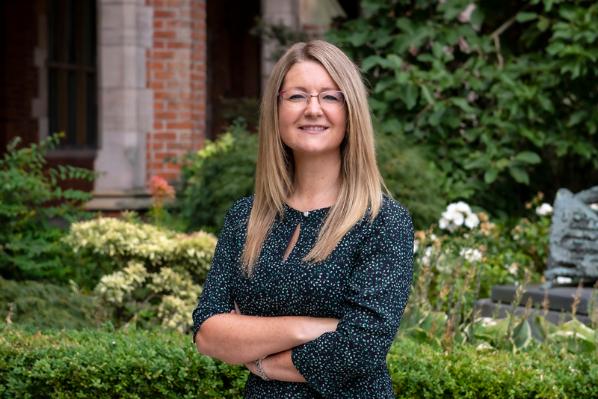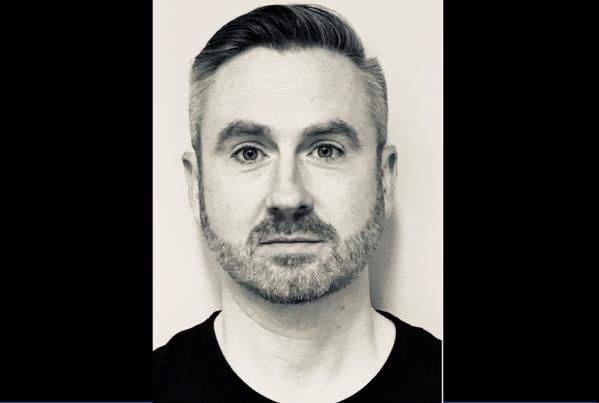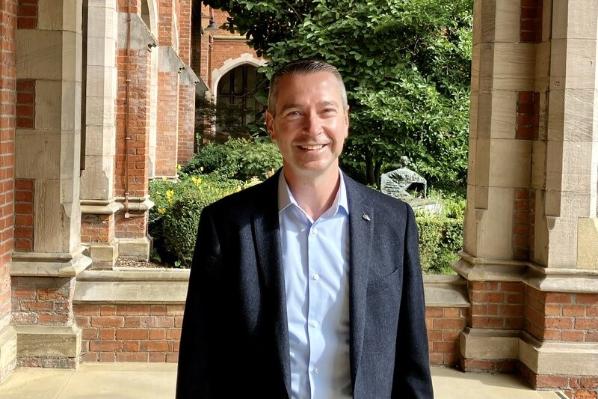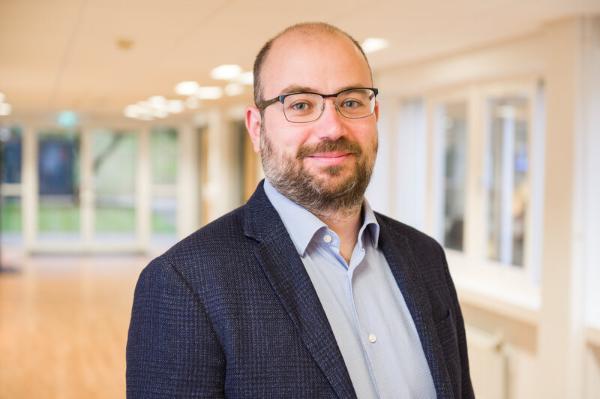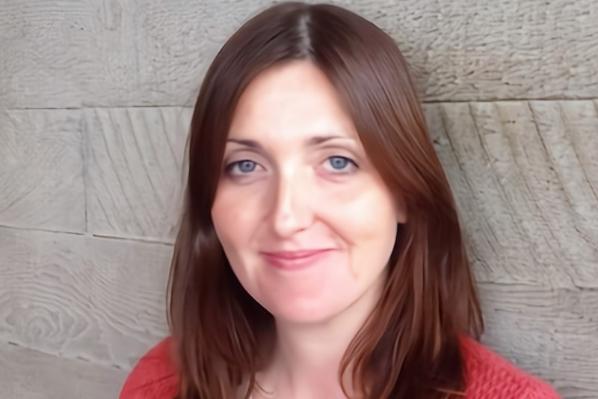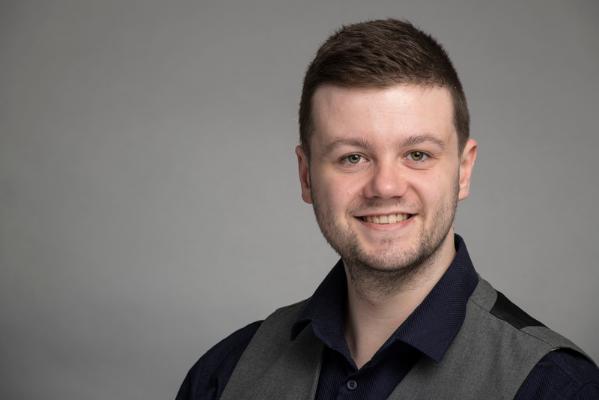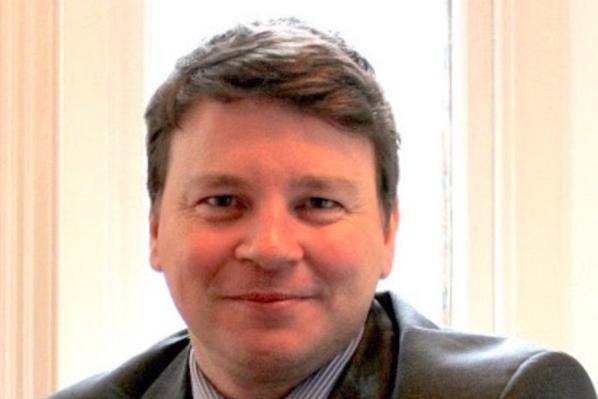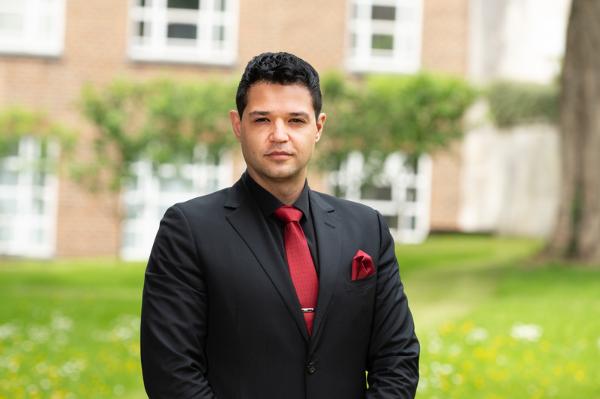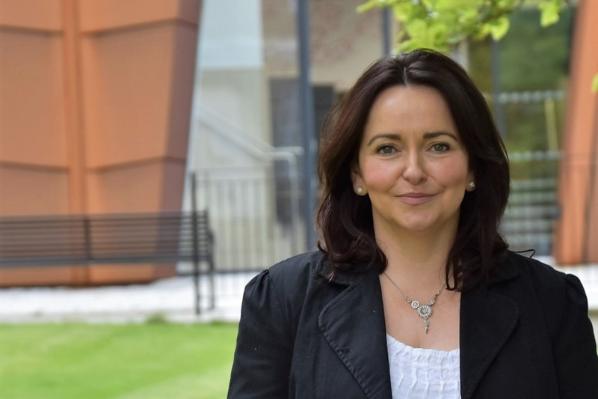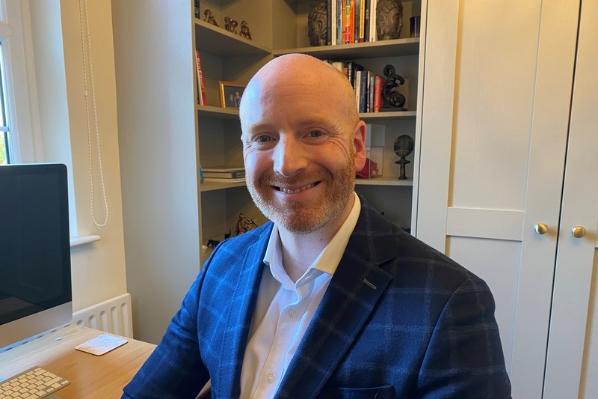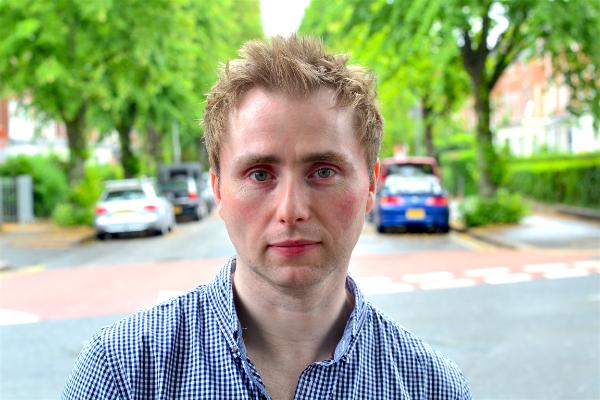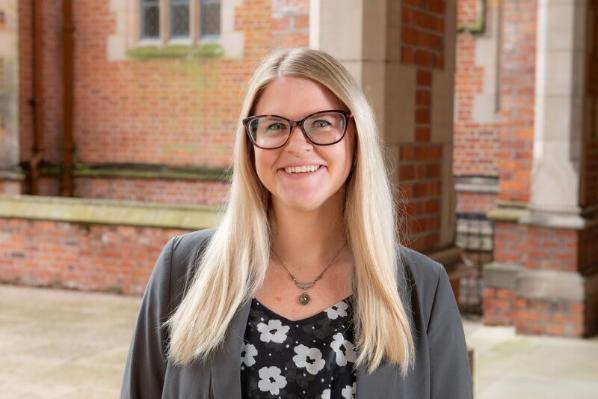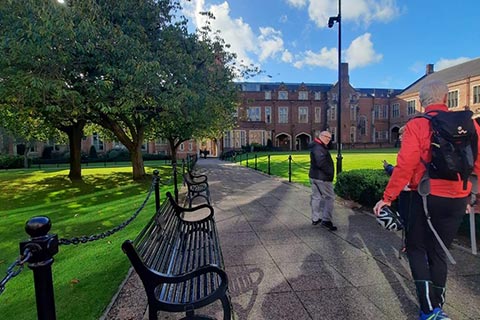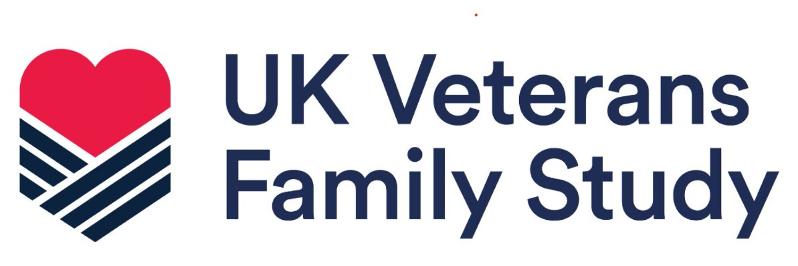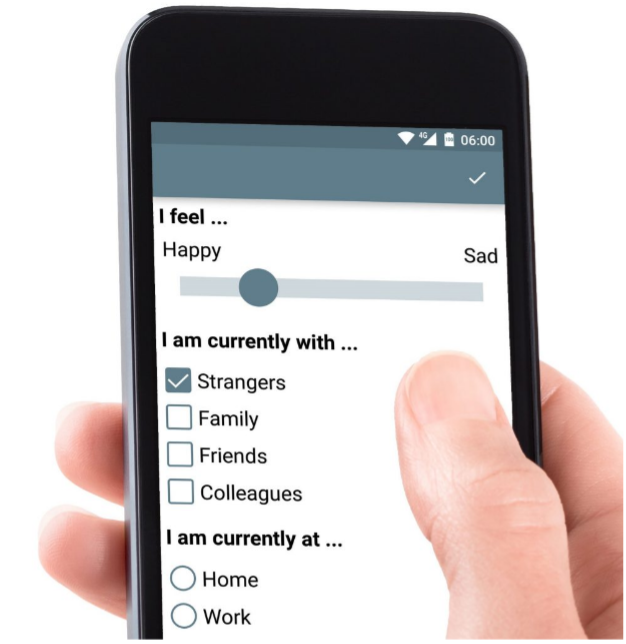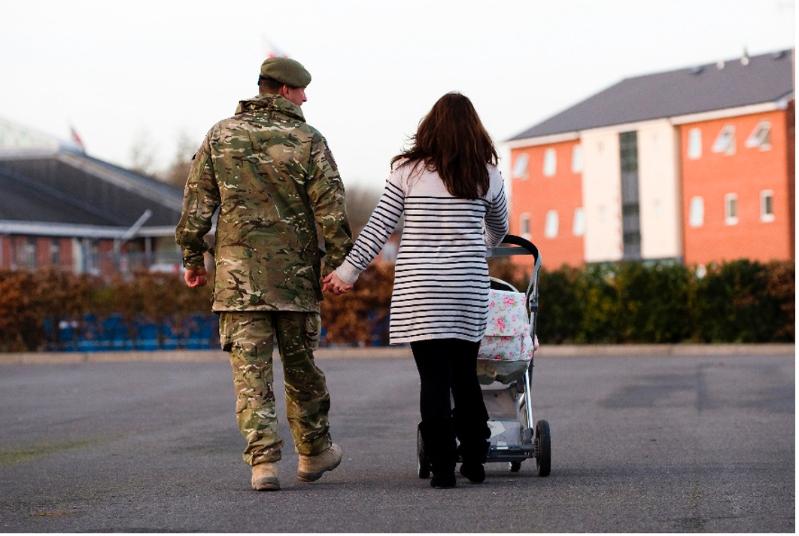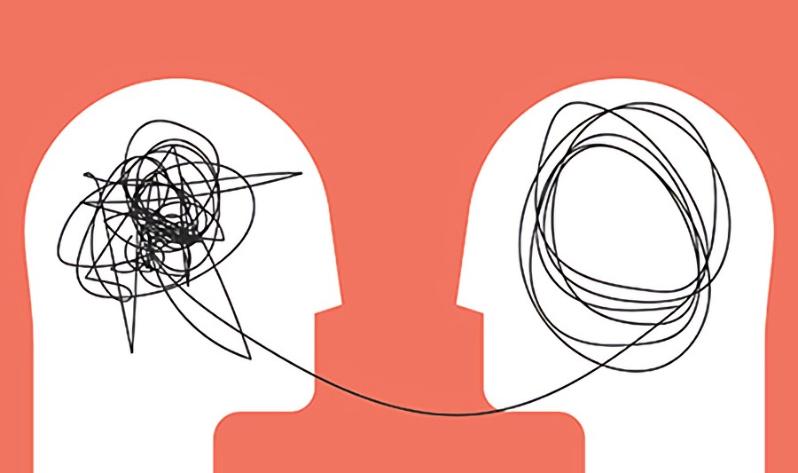In 2015, Forces in Mind Trust (FiMT) commissioned Professor Cherie Armour to conduct a large-scale project into the health and wellbeing of Northern Irish veterans, over the course of four years. This overarching project is known as The Northern Ireland Veteran Health & Wellbeing Study (NIVHWS)
Professor Armour has conducted several studies in recent years as part of the NIVHWS to address different gaps of knowledge in terms of the wellbeing and support needs of the NI veteran population.
Study 1. Supporting & Serving Military Veterans in Northern Ireland This report provided the first comprehensive overview of services and support available to veterans living in NI. Additionally, there was a focus on framing these services in line with relevant legislation and policy, alongside the social and political context of Northern Ireland.
Study 2. Current and Future Needs of Veterans in Northern Ireland This report focused on understanding the experience of veterans in Northern Ireland in accessing services and using these perspectives to outline the key needs of the cohort presently and as they are anticipated to develop in the longer term. This study was qualitative in nature, involving 13 veteran-led focus groups, as well as 20 interviews with representatives from voluntary and statutory agencies providing support to veterans in Northern Ireland. This work has been particularly impactful in terms of providing insight into needs of veterans living in NI based on their experiences, and the perceptions of those who come into direct contact with this group. The detailed information provided by participants continues to be used to contribute to the continuation of present and development of new health and social support for NI veterans and their families.
Study 3. Public Attitudes to the UK Armed Forces in Northern Ireland This report examined the attitudes of the public within Northern Ireland toward the UK Armed Forces using data from the Northern Ireland Life and Times Survey. The results have impact in terms of informing discussions on the legacy of the Troubles as well as how support is provided to the Armed Forces population given the political and legal complexities of the situation.
Study 4. Exploring the Need for a Veterans’ Centre in Northern Ireland This report builds on information in the previous reports (above) and examined the perceived need for a support centre for veterans living in Northern Ireland.
Study 5. A Feasibility Study on Accessing Data for Research Purposes on Veterans in Northern Ireland
A Feasibility Study on Accessing Data for Research Purposes on Veterans in Northern Ireland is the fifth in a series of reports from the NIVHWS. The initial aim of this piece of work was to estimate the size and the basic demographic profile of the veteran population in Northern Ireland (NI), including their approximate location in the region, using a self-identification survey and administrative data shared by organisations that work with NI veterans. However, during the NIVHWS, it became clear that accessing data on NI veterans was not a
straightforward process. This study was therefore re-designed to become a feasibility study on accessing data on NI veterans for research purposes, you can access this report here.
Study 6. The Northern Ireland Veterans Health and Wellbeing Survey
The psychological wellbeing survey of the Northern Ireland Veterans Health and Wellbeing Study (NIVHWS) is a unique and valuable resource that is the first of its kind in NI. This piece of work is the sixth and final report in a series of reports from the NIVHWS.
Specifically, the NIVHWS was a large scale cross-sectional self-report survey of the UK Armed Forces veterans living in Northern Ireland (N=1329), which aimed to explore several aspects of life pertaining to the NI veteran population (e.g., sociodemographic factors, military background, mental and physical health, resilience, and coping factors, post military adjustment, alcohol and substance use as well as several others). To date several papers have been published using the data generated by this project (detailed below), as well as full report summarised the key findings.
Current Publications generated from the NIVHWS:
Armour, C. (2021). Identifying and characterising adverse childhood experiences (ACE) in a Northern Irish military veteran population. European Journal of Psychotraumatology, 12(sup1), 1866397. https://doi.org/10.1080/20008198.2020.1866397
Armour, C., McGlinchey, E., & Ross, J. (2021). The health and wellbeing of armed forces veterans in Northern Ireland: The results of a cross-sectional psychological wellbeing survey. http://niveteranstudy.org/mental-health
Hansen, M., Armour, C., McGlinchey, E., Ross, J., Ravn, S. L., Andersen, T. E., ... & Fried, E. (2022). Investigating the DSM–5 and the ICD-11 PTSD symptoms using network analysis across two distinct samples. Psychological trauma: theory, research, practice, and policy. https://doi.org/10.1037/tra0001281
McGlinchey, E., Ross, J., Murphy, D., Shorter, G. W., & Armour, C. (2022). Disentangling the symptom‐level nuances in comorbid posttraumatic stress disorder and problematic alcohol use in northern Irish military veterans: a network analysis. Journal of Traumatic Stress, 35(1), 32-41. https://doi.org/10.1002/jts.22666
McLafferty, M., McGlinchey, E., Travers, A., & Armour, C. (2021). The mediating role of resilience on psychopathology following childhood adversities among UK armed forces veterans residing in Northern Ireland. European Journal of Psychotraumatology, 12(1), 1978176. https://doi.org/10.1080/20008198.2021.1978176
Ross, J., & Armour, C. (2022). A latent profile analysis of the dissociative subtype of PTSD in a sample of UK Armed Forces veterans residing in Northern Ireland. European Journal of Trauma & Dissociation, 6(3), 100267. https://doi.org/10.1016/j.ejtd.2022.100267
Spikol, E., Robinson, M., McGlinchey, E., Ross, J., & Armour, C. (2022). Exploring complex-PTSD comorbidity in trauma-exposed Northern Ireland veterans. European Journal of Psychotraumatology, 13(1), 2046953. https://doi.org/10.1080/20008198.2022.2046953
You can find out more about the NIVHWS and access all published reports here.



